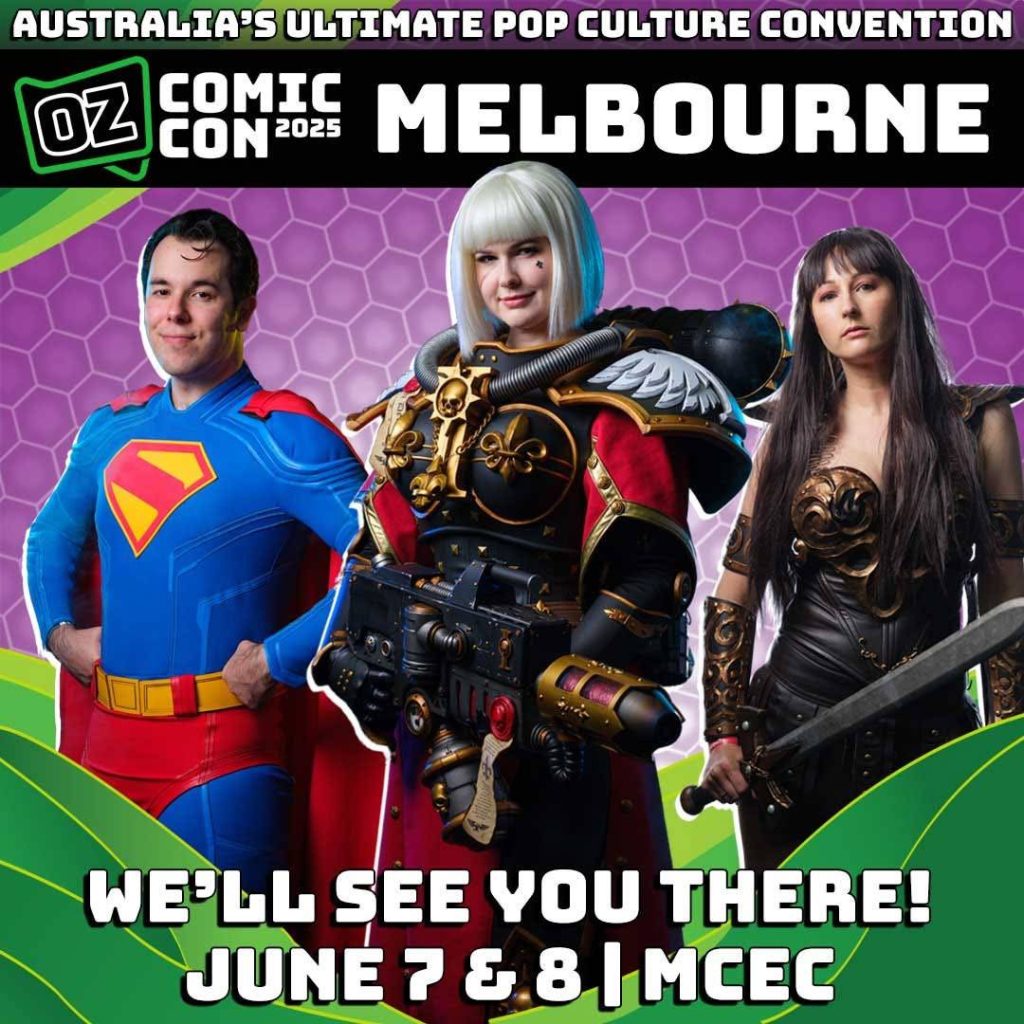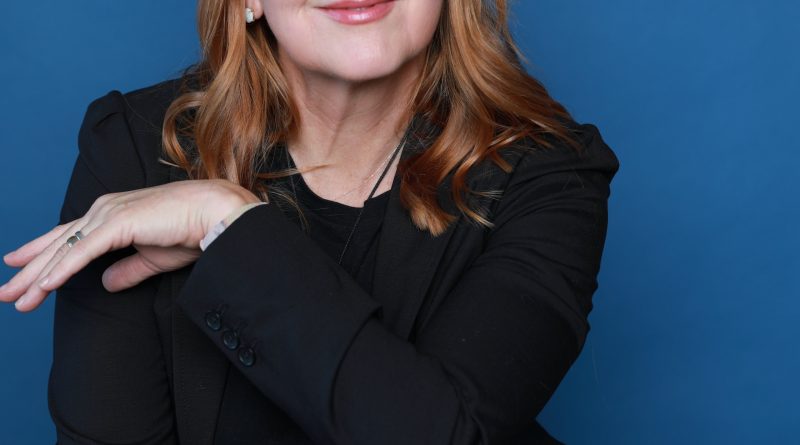[OZ COMIC CON INTERVIEW] RENEE O’CONNOR – Oz Comic Con 2025 Interview

Known for playing an iconic role in both Xena: Warrior Princess and Hercules Renee O’Connor is now coming to Melbourne for oz Comic Con. Now we can bring you this very special interview with her.
- It’s been 30 years since Xena first aired – what does that milestone mean to you personally and professionally? Long live, Xena. The longevity of the show tells me there is a need to see strong women, in a fantasy adventure on television again. I love how our fan community will not apologize for being fans, even after thirty years.
- When you first joined the series, did you have any sense of the cultural legacy it would go on to have? I don’t believe anyone ever knows they are building a cultural legacy. Our show offered characters that the LGTBQ+ audience needed to see, and the rest is television history.
- What moments from filming or fan interactions have stuck with you most over the years? I have heard so many stories of how parents raised their kids, while watching Xena. It gave their family a reason to come together. And still, most of the fans tell me that when they were alone, feeling scared, bullied, and disconnected from their families, they had Xena and Gabrielle, encouraging them to carry on. They were seeing the life they wanted to experience on the screen, being two strong women overcoming all odds.
- The relationship between Gabrielle and Xena has long been embraced by LGBTQ+ fans – when did you first become aware of that interpretation? Very early into our show’s production, one of our producers, Liz Friedman, started steering the ship towards a LGBTQ+ perspective. In the first episode, Gabrielle tells Xena that she is not like other girls. This was the set up that created the foundation of the subtext. Then, at the end of the first season, Lucy and I locked into our character’s emotional attachment to each other, in an episode when Xena fears losing Gabrielle.
- Was the subtext between Gabrielle and Xena something you discussed on set or shaped in your performance? After the first season, it was clear to me that the writing would lend itself to the development of their relationship. I didn’t change my approach. I was always looking for ways to discover the love between Xena and Gabrielle. I wanted to experience depth, humor, and affinity, beyond any labels.
- How do you feel about the show’s place in queer pop culture today? We love our fans. I am proud to have portrayed “Gabrielle” and to be a part of television’s queer cannon. New generations are discovering our show, and are welcomed into the Xenite fandom. Fortunately, I feel the LGBTQ+ community is stronger now than it was in the 1990’s, however, the Trans community is suffering blows, politically and emotionally. Our show helps to normalize the “otherness”, and to remind each of us that we are equally worthy of love.
- Do you think Xena could have been more explicit with its LGBTQ+ representation if it were made today? I think it could afford more intimacy, yet I also appreciate that we could be watched by multiple generations in one viewing. Our show afforded our audience to come together without having to worry about fast forwarding the scenes. The intimacy and fight scenes supported the show, without derailing from the message. We had a successful show without showing explicit sex scenes or violent dismemberment. It worked for us.
- You’ve continued to pursue storytelling through your theatre company, House of Bards. What inspired you to create it, and what kind of stories are you most passionate about bringing to the stage? I bring to the stage classical literature, especially “banned books” that people are not able to find in the library in America right now. I want to share stories that allow me to make a social statement. The challenge is finding the relevant angle while still maintaining the authenticity of the materials. I want people to come together in community, to look at each other, and to talk about the experience that transported them, for a brief moment.
- Through ROC Productions, you’ve taken on roles behind the camera as well. How has producing and directing shaped your perspective as an actor? As a producer, my job is to hold the vessel, managing every aspect of the project. I don’t feel producing has been beneficial to me as an actor, because I know too much. As an actor, I need to feel carefree. Being an actor has been my strength when I am directing a project. It helps me to reverse engineer the result I hope to achieve.
Renee O’Connor is at Oz Comic Con this weekend.


